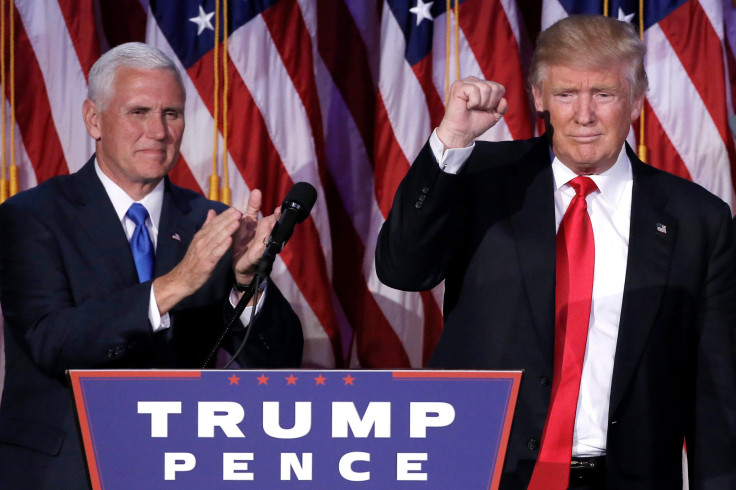Will Trump Repeal Obamacare? As President, He May Be Able To Dismantle Obama's Affordable Health Care Law

If there is any near-certainty following the election of Donald Trump to the presidency, President Barack Obama’s Affordable Care Act is likely to become one of the first casualties of the 45th commander-in-chief.
After running on a platform that embraced the destruction of Obamacare, Trump is poised to inhabit an office this January that will give him the ability to promote a repeal of the health care law or empower him to make smaller changes to the law to weaken it and change the way it works. Whether he will succeed in an actual repeal will rely on Congressional action. For his part, Republican House Speaker Paul Ryan seemed pretty confident Wednesday the GOP would be able to repeal the bill when he congratulated Trump on his victory.
"Repeal of the law is absolutely going to come up, and the only potential defense against that would be a Democratic filibuster — if Republicans even allow a filibuster," Austin Frakt, a health economist who runs the blog The Incidental Economist, told NPR.
Trump proposed a few tweaks to Obamacare during his campaign that he may be able to implement without Congress. That includes allowing consumers to buy affordable insurance policies outside of the Obamacare exchanges. He may also be able to promote tax-free health insurance savings accounts to help individuals save for their health care, allow people to deduct premiums on personal income tax returns or allow insurers to sell policies across state lines.
Aside from potential legislative challenges, Trump faces other obstacles if he wants to repeal Obamacare. One of the biggest of which is the fact that there are roughly 20 million people who are now covered because of the Affordable Care Act, according to data from the Department of Health and Human Services. That has contributed to an all-time low uninsured rate of 8.9 percent this year, the Center for Disease Control and Prevention found.
Trump’s plan, according to the Commonwealth Fund, a non-profit health policy foundation, would boost uninsured levels by about 25 million people and would add $41 billion to the federal budget because he wants to give tax breaks to encourage people to get insurance but would not mandate that everyone get insurance.
© Copyright IBTimes 2025. All rights reserved.






















